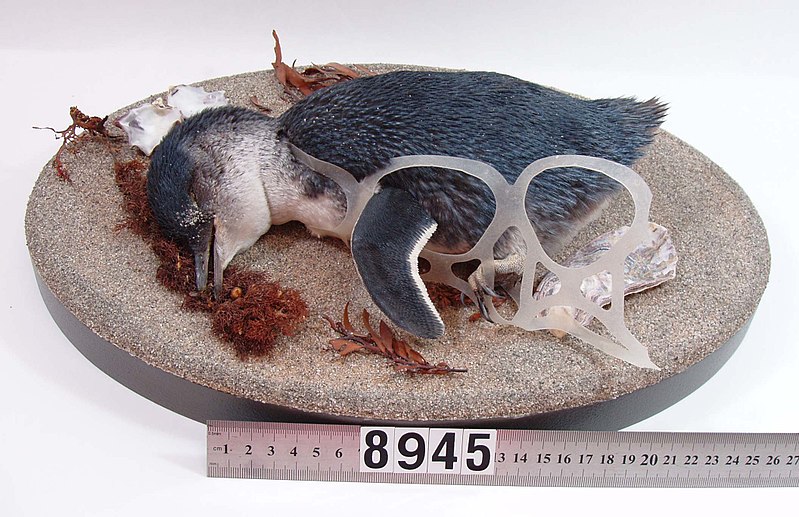When we discard a plastic bag, an electronic device encased in plastic, a plastic pen emptied of its ink or any of the myriad plastic objects which populate our lives, we usually say we are throwing the object “away.” By that we mean into a trash or recycling bin and from there to a landfill or recycling facility.
I put “away” in quotes because if there were ever any piece of evidence to convince us that there is no “away” in the sense described above, it is the discovery of tiny particles of plastic in the Arctic ice, deep oceans and high mountains.
These so-called microplastics are so ubiquitous now that they are believed to be floating in the air practically everywhere. Some tiny plastic bits have been seen the lungs of cancer patients who have died. Humans not only breathe them in, but also supposedly eat 50,000 of these particles every year.
And, of course, we know absolutely nothing about the potential health effects of these microplastics on humans. We are frequently told that the novel chemicals humans design are supposed to bring us advantages which will make our lives better, more productive and less toilsome. The problem is that once these are released into the environment, they go everywhere.
The industry line is that these releases are small, and that any which end up in the bodies of humans and animals will have little or no effect. But this has proven to be merely an industry ploy designed to delay the recognition of hazards as I wrote a few weeks ago.
There has been for some time a movement called “green chemistry” which aims to reduce the hazards associated with synthetic chemicals significantly. It does not, however, aim to eliminate them, at least in green chemistry’s current form.
That means that even if industry adopted the principles of green chemistry widely, the same releases of synthetic chemicals into the environment would take place. There might be fewer of them, and they might be less toxic, but the releases would not stop.
Some will say it is hypocritical to enjoy the fruits of modern chemistry and yet complain about their side effects. After all, I am typing this piece on a plastic keyboard. I would say more accurately that it is impossible even to live in modern industrial society without participating in the degradation of the planetary environment.
That doesn’t mean we shouldn’t try to change things. There appear to be two clearly distinguishable paths available: 1) a path away from a society dependent on plastics and myriad other dangerous chemicals and 2) a path that continuously increases the toxicity and hazards of our environment until good health among humans and animals becomes an impossibility.
The rising concentrations of industrial toxins are already implicated in the twin epidemics of diabetes and obesity. Judged by the scale of these diseases, we are not far from a universally devastating soup of chemical toxins.
With apologies to the fictional Borg civilization of Star Trek fame, resistance is not futile. Individuals can reduce chemical exposure significantly through such measures as eating organic food, drinking filtered water, and filtering air in our homes through filters that remove toxic chemicals, either in central ventilation systems or in stand-alone units.
Organic food, by the way, is simply what everyone ate before chemical industrial farming came to dominate our food production. The other two recommendations are really just mitigation. They do not strike at the heart of the problem. All three require the means to afford them and so are less relevant to those of limited incomes.
Most modern people of any income, however, are somehow resigned to the idea that what should be their birthright—air, water and food without industrial toxins—is simply impossible to achieve.
It’s true that to achieve a nontoxic world we would have to alter radically our entire society. A voluntary move in this direction seems not just unlikely, but downright impossible given the power of the chemical industry.
The ever growing trajectory of synthetic toxic chemicals in our environment when combined with climate change and resource depletion suggest another possible path to reducing toxics: A dramatic disruption in industrial society and a resulting substantial decline in human population.
In that regard a friend of mine puts the following tagline at end of his emails: “It shouldn’t be easier to imagine the end of civilization than the end of air conditioning.” All you need to do is substitute “synthetic toxic chemicals” for “air conditioning” and you will see why we are in such a pickle.
Photo: Little penguin (Eudyptula minor) entangled in plastic. Auckland Museum (1997). Via Wikimedia Commons https://commons.wikimedia.org/wiki/File:Eudyptula_minor_(AM_LB8945-7).jpg






